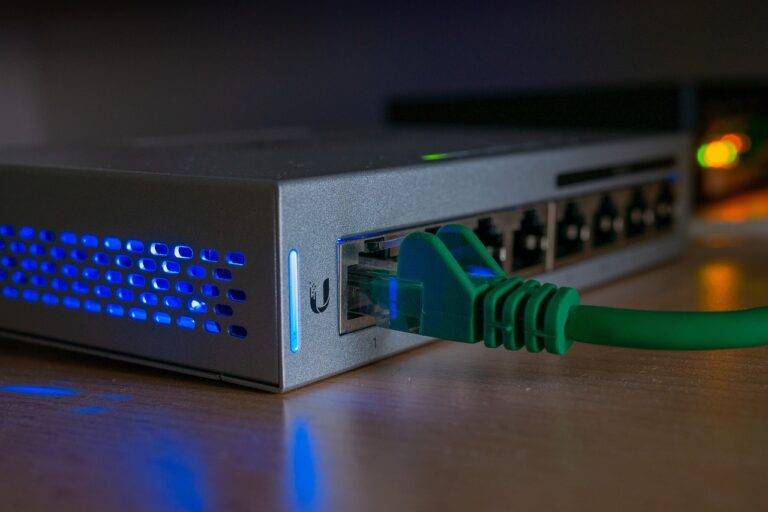The Ethics of Biometric Authentication in Financial Services: Balancing Security and Privacy
Biometric authentication in financial services has sparked numerous ethical considerations. One of the primary concerns revolves around the collection and storage of sensitive biometric data. While this technology offers enhanced security measures, the potential misuse or unauthorized access to biometric information raises significant privacy issues. It is crucial for financial institutions to prioritize transparency and establish robust protocols to safeguard individuals’ biometric data from cyber threats or breaches.
Furthermore, the use of biometric authentication in financial services can raise questions about individual autonomy and consent. Users may feel uneasy about the level of control they have over their biometric information and how it is utilized by financial entities. Ensuring that customers fully understand the implications of biometric authentication and providing them with clear options for opting in or out of such systems is essential in upholding ethical standards in the financial industry.
The importance of balancing security and privacy in biometric authentication
Biometric authentication plays a crucial role in enhancing security measures within the realm of financial services. By utilizing unique physical characteristics such as fingerprints or facial recognition, institutions can effectively verify the identity of individuals accessing their accounts. This added layer of security helps protect sensitive financial information from unauthorized access or fraudulent activities, ultimately safeguarding the interests of both customers and institutions alike.
However, as biometric authentication becomes more prevalent in the financial sector, it is essential to strike a delicate balance between security and privacy concerns. While the use of biometric data can enhance security measures, there is a parallel need to uphold the privacy rights of individuals. Financial institutions must ensure that stringent protections are in place to safeguard the biometric information of their customers, preventing any potential misuse or unauthorized access. Striking a harmonious equilibrium between security and privacy is paramount to fostering trust and confidence among consumers in the digital age.
Potential risks associated with the use of biometric data in financial services
Biometric authentication in financial services, while providing enhanced security measures, also presents potential risks that need to be carefully considered. One major concern revolves around the vulnerability of biometric data to hacking and unauthorized access. If this sensitive information falls into the wrong hands, it can lead to identity theft, financial fraud, and other malicious activities.
Moreover, there are concerns about the potential misuse of biometric data by organizations collecting and storing it. Without proper safeguards in place, there is a risk of this data being exploited for purposes beyond the intended authentication process. Issues related to data breaches, lack of transparency in data handling practices, and the possibility of data being shared with third parties without informed consent are factors that can compromise the privacy and security of individuals’ biometric information.
• Biometric authentication in financial services enhances security measures
• Potential risks include vulnerability to hacking and unauthorized access
• Consequences of data falling into wrong hands may lead to identity theft and financial fraud
• Misuse of biometric data by organizations collecting and storing it is a concern
• Lack of safeguards can result in exploitation for unintended purposes beyond authentication
• Risks include data breaches, lack of transparency, and sharing with third parties without consent
What are some ethical considerations surrounding biometric authentication in financial services?
Some ethical considerations include issues of consent, data security, and potential discriminatory practices.
Why is it important to balance security and privacy in biometric authentication?
Balancing security and privacy is crucial in order to protect sensitive biometric data from unauthorized access while still providing a secure authentication method for users.
What are some potential risks associated with the use of biometric data in financial services?
Potential risks include data breaches, identity theft, and the misuse of biometric information for fraudulent activities. It is important for financial institutions to implement strong security measures to mitigate these risks.





